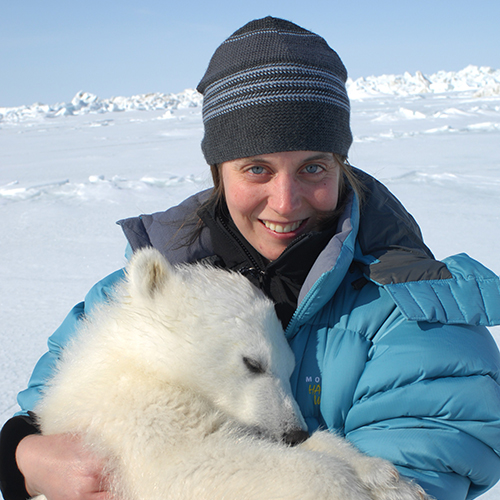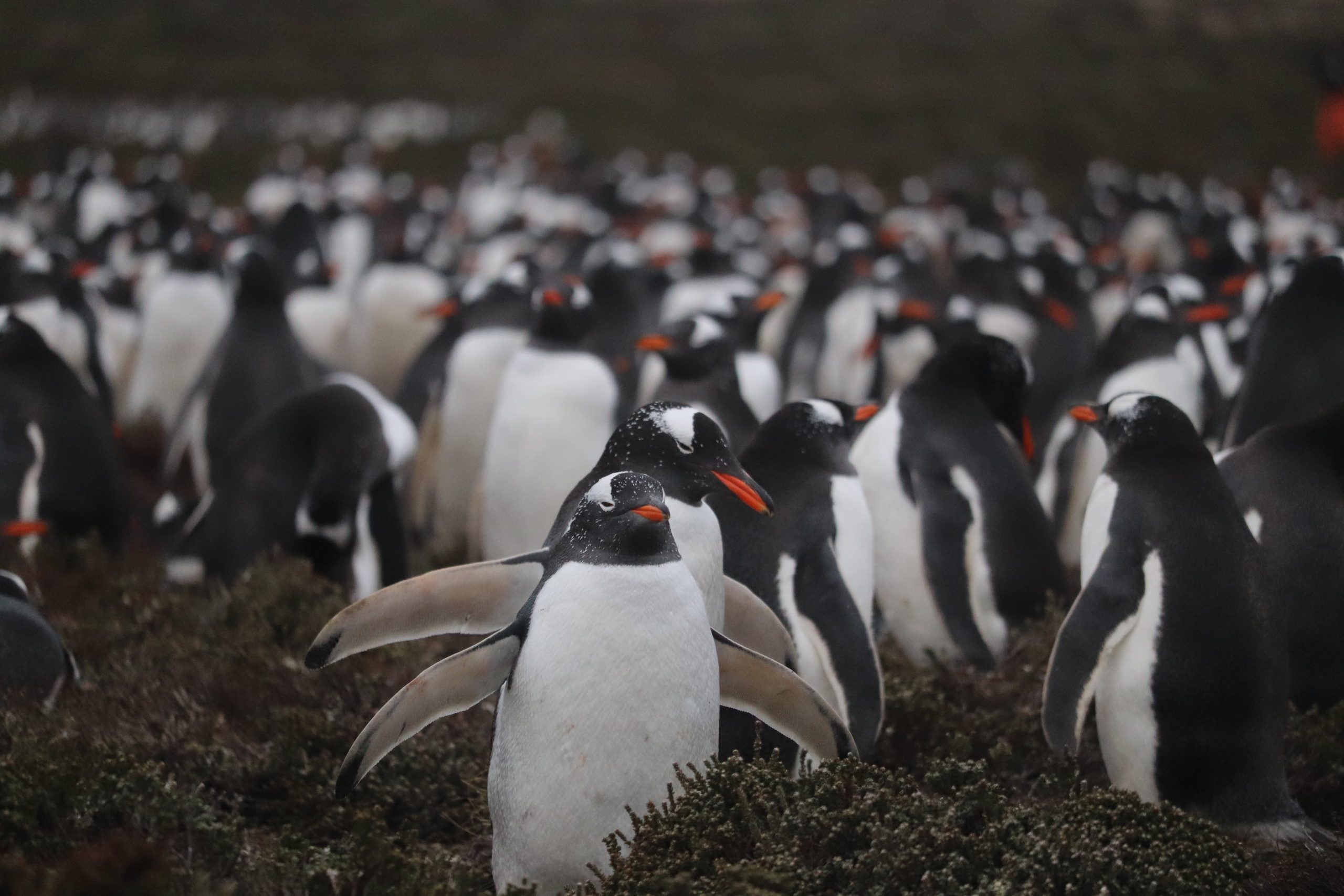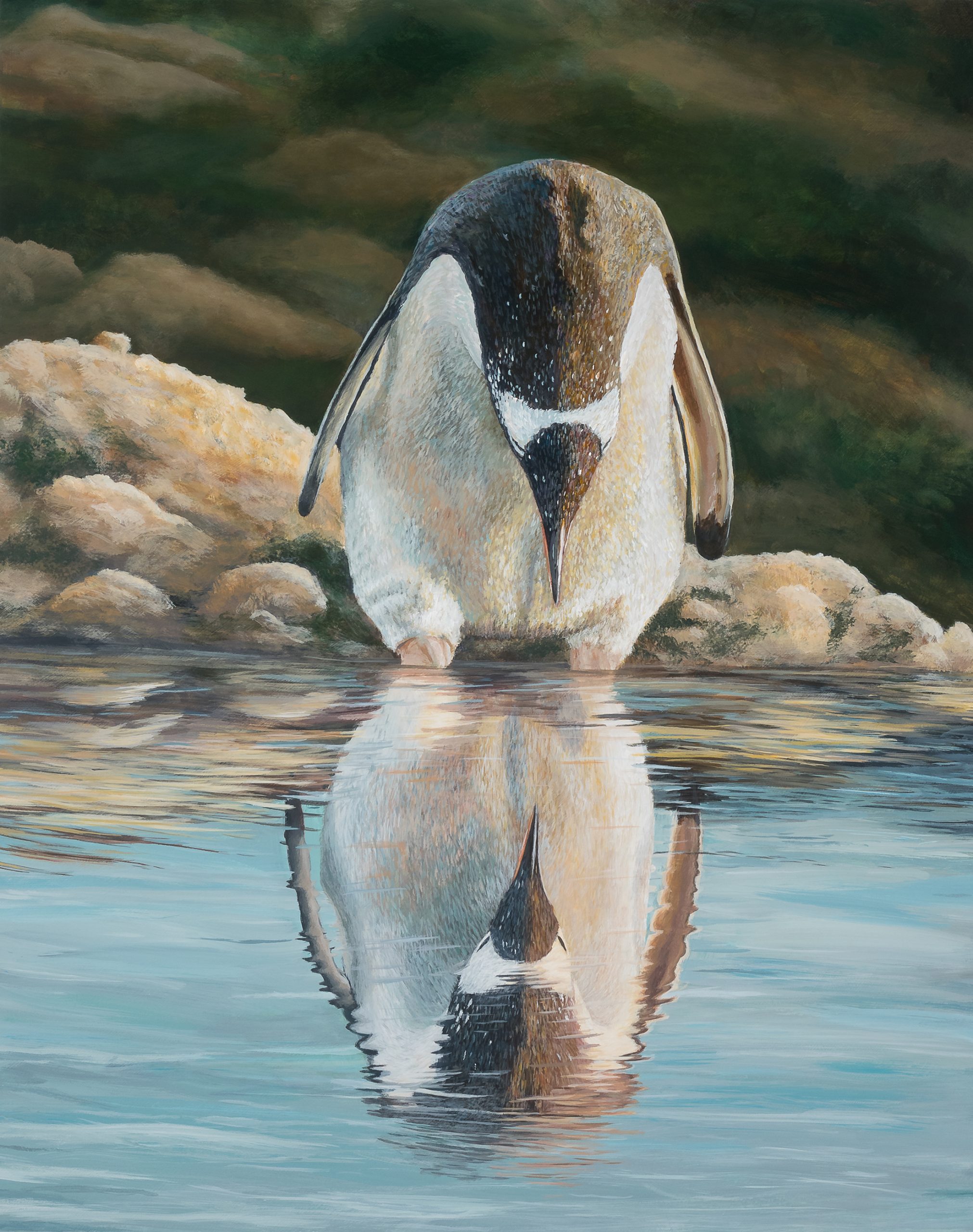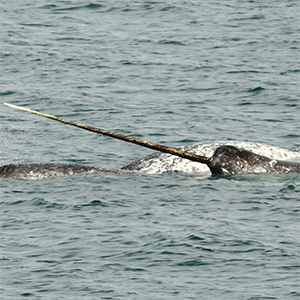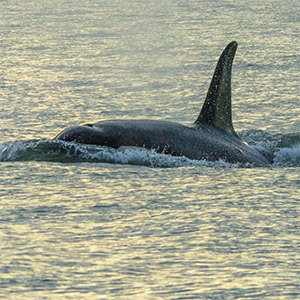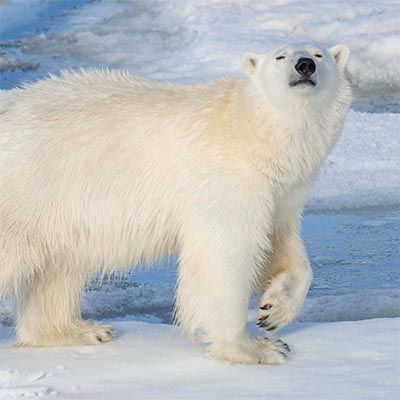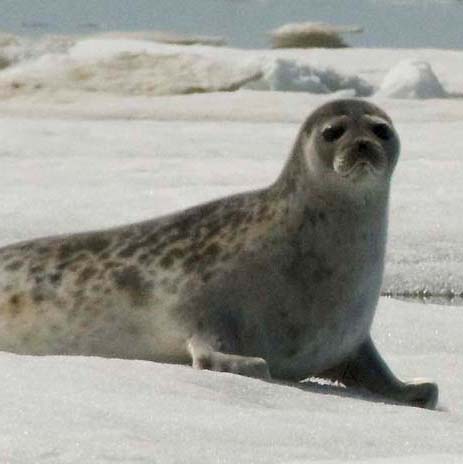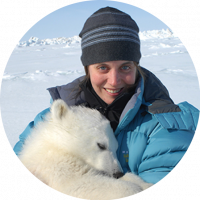 |
Associate Professor
Institute for the Oceans and Fisheries
Department of Statistics
On leave: September 1, 2023-2024
Canada Research Chair
Tier 2, Statistical Ecology
IOF Graduate Advisor
Degrees
BSc (Hons);
MSc;
PhD
|
Contact Information
Email: m.auger-methe@oceans.ubc.ca
Office phone: 604-822-1658
Office location: Room 241, 2202 Main Mall
Vancouver, British Columbia
Website: Statistical Ecology Research Group
Twitter: @AugerMethe
Research Unit
Statistical Ecology Research Group
Research Interests
Dr. Auger-Méthé is broadly interested in developing and applying statistical tools to infer behavioural and population processes from empirical data. While she is mostly interested in marine and polar species (e.g. narwhals and polar bears), the methods she develops are usually applicable to a wide range of species and ecosystems. Her current work centres on modelling animal behaviour using movement data. In addition, she is interested in the conservation and management of marine and polar ecosystems.
Biography
Dr. Auger-Méthé is an Associate Professor at the Institute for the Oceans & Fisheries and in the Department of Statistics. Most of her work is interdisciplinary in nature and at the intersection between ecology, statistics, and marine sciences. Her recent focus has been on developing and applying statistical models to understand the movement and space use of marine species. Prior to starting at UBC, She did her PhD at the University of Alberta, and a BSC, MSc, and Postdoctoral fellowship at Dalhousie University.
Teaching
- FISH 506H/STAT 547N Statistics in Ecology and Marine Sciences
- STAT 300 Intermediate Statistics for Applications
Related stories:
Dr. Marie Auger-Méthé's Canada Research Chair in Statistical Ecology (Tier II) was renewed, and she, along with Dr. William Cheung and Dr. David Rosen received NSERC Discovery Grant funding.
This award recognizes demonstrated excellence in pure or applied scientific research by a young faculty member.
Discover the Falkland gentoo penguin and learn from experts at the Institute for the Oceans and Fisheries!
Gentoo penguins have to food forage before laying eggs. The amount of hemoglobin in their blood may increase diving capacities. Increased diving may mean more tiny penguin chicks.
Celebrating some of the research that the Institute for the Oceans and Fisheries researchers has undertaken on the iconic marine creature with a tusk (tooth, actually) on its head — the narwhal.
Climate change and loss of sea ice is creating stressors for these animals, and they are adapting to a new life in the Arctic.
Using methods to detect when the animals are catching prey and to model their energy expenditure will be key to understanding the differences between these neighbouring whale populations.
The whale used to develop the model preferred to save energy by gliding through the water when making deep dives, and when it was closer to the surface, it moved more actively, accelerating faster and ‘fluking’ its tail more often.
Narwhals, sharks, and polar bears can help medical professionals improve care for patients with mental health struggles - and patients with conditions such as depression and bipolar disorder can offer insights that will help the conservation of many wild animals.
“Ecology has a lot of difficult data to handle, and a big part of my research is developing new statistical methods to tackle these problems,” says Dr. Marie Auger-Méthé.


